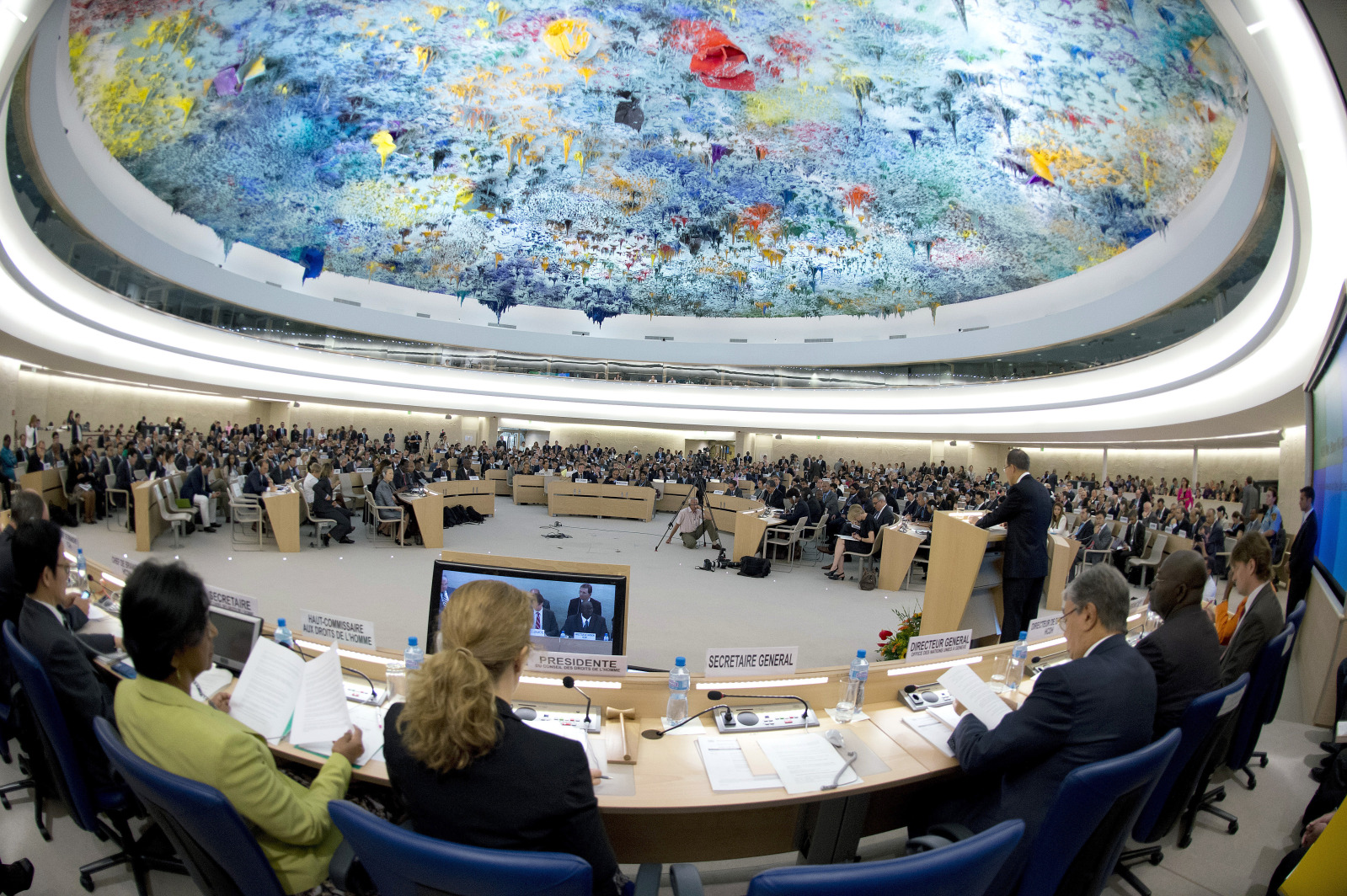Human Rights Council 39th session
Annual discussion on the integration of a gender perspective
(Gender integration and human rights investigations: strengthening a victim-centered approach)
Speaker: Pooja Patel
Thank you, Chair.
ISHR and FORUM-ASIA stress the importance of ensuring gender-sensitive and gender-inclusive methodologies and the integration of a gender perspective by United Nations investigative teams.
As found by the Independent International Fact-Finding Mission on Myanmar, systematic and targeted sexual violence may amount to war crimes and crimes against humanity, including in Rakhine, Kachin and Shan states. The importance of authoritatively documenting such cases goes a long way towards ensuring accountability of perpetrators.
However, the Commissions of Inquiry (CoIs) and fact-finding missions (FFMs) appointed by this Council must work with a deeper approach to integrating gender into their work and findings. As a start:
- By ensuring that their work include narratives of context and pre-existing discrimination based on gender and other grounds that have exposed specific groups and individuals to heightened risk. An intersectional approach is fundamental towards addressing the root causes for violence. Engagement and consultation with survivors and women human rights defenders is key in this regards.
- By identifying the key actors who should bear responsibility for rolling out immediate-term urgent responses that may include safety and security measures, access to basic services including reproductive health services, and psychosocial support.
- By developing analysis of the longer-term efforts that will be needed, including by foreshadowing situations that could heighten vulnerability such as women-headed households in militarised zones, for example.
- By highlighting the importance of ensuring women’s participation and women human rights defenders in follow-up and implementation of the recommendations of the CoIs and FFMs, including where relevant in accordance with UN Security Council resolution 1325.
We ask the panel, what would be your recommendation to the Office of the High Commissioner to ensure that these discussions are more comprehensively addressed in a multistakeholder discussion that involves survivors and human rights defenders?
***
For a PDF version of this oral statement, click here



